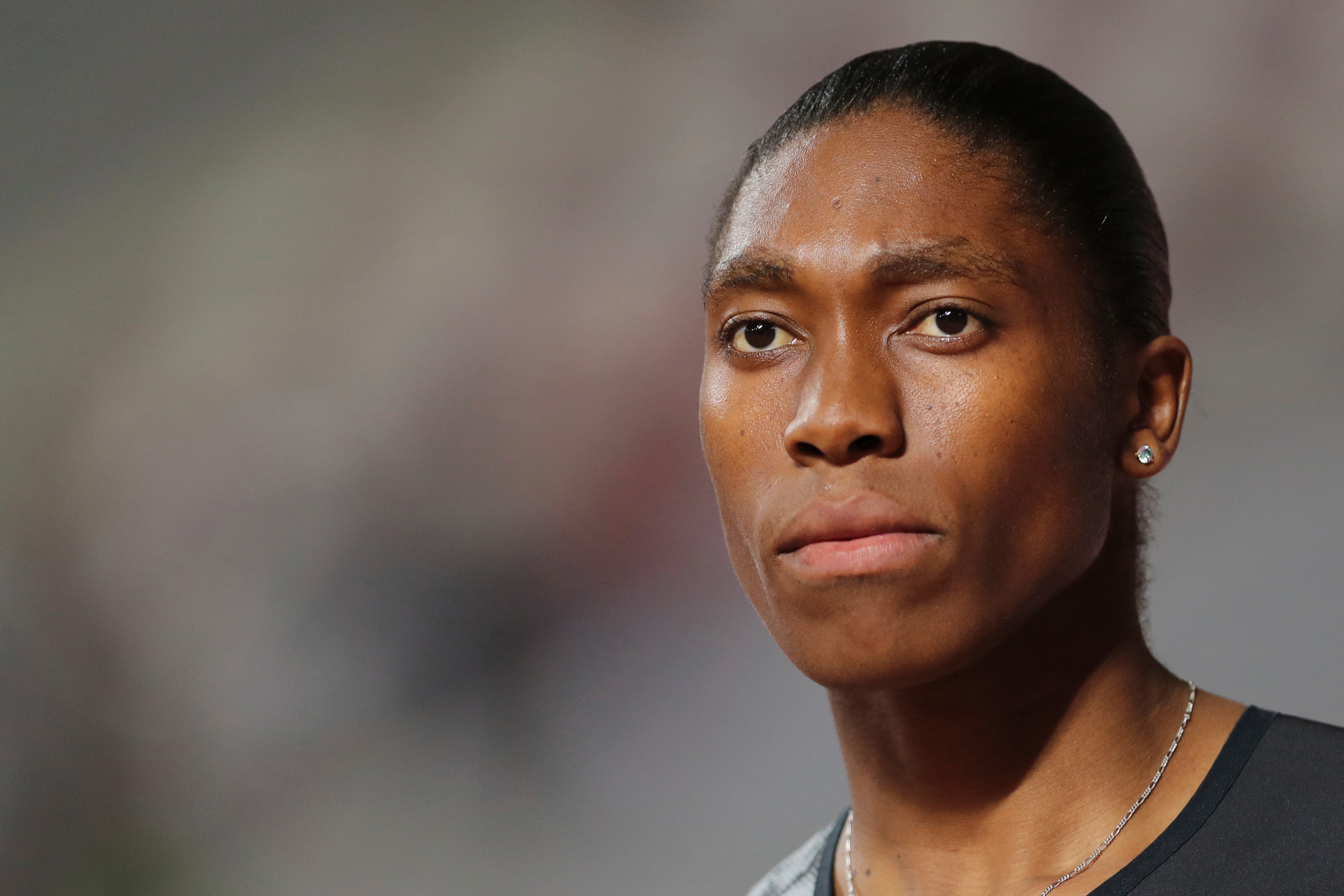Track bans transgender athletes, tightens rules for Semenya
Track and field has banned transgender athletes from international competition while adopting new regulations that could keep Caster Semenya and other athletes with differences in sex development from competing

Track and field banned transgender athletes from international competition Thursday, while adopting new regulations that could keep Caster Semenya and other athletes with differences in sex development from competing.
In a pair of decisions expected to stoke outrage, the World Athletics Council adopted the same rules as swimming did last year in deciding to bar athletes who have transitioned from male to female and have gone through male puberty. No such athletes currently compete at the highest elite levels of track.
Another set of updates, for athletes with differences in sex development (DSD), will impact 13 athletes, WA President Sebastian Coe said. They include Semenya, a two-time Olympic champion at 800 meters who has been barred from that event since 2019.
Semenya and others had been able to compete in events outside the restricted range of 400 meters through one mile, but will now have to undergo hormone-suppressing treatment for six months before competing to be eligible.
Semenya has been trying to compete in longer events. She finished 13th in her qualifying heat at 5,000 meters at world championships last year.
To compete at next year's Olympics, she would have to undergo hormone-suppressing treatment for six months, something she has said she will never do again, having undergone the treatment a decade ago under previous rules.
___
AP Sports Writer Gerald Imray contributed to this report.
___
More AP coverage of the Paris Olympics: https://apnews.com/hub/2024-paris-olympic-games and https://twitter.com/AP_Sports
Bookmark popover
Removed from bookmarks